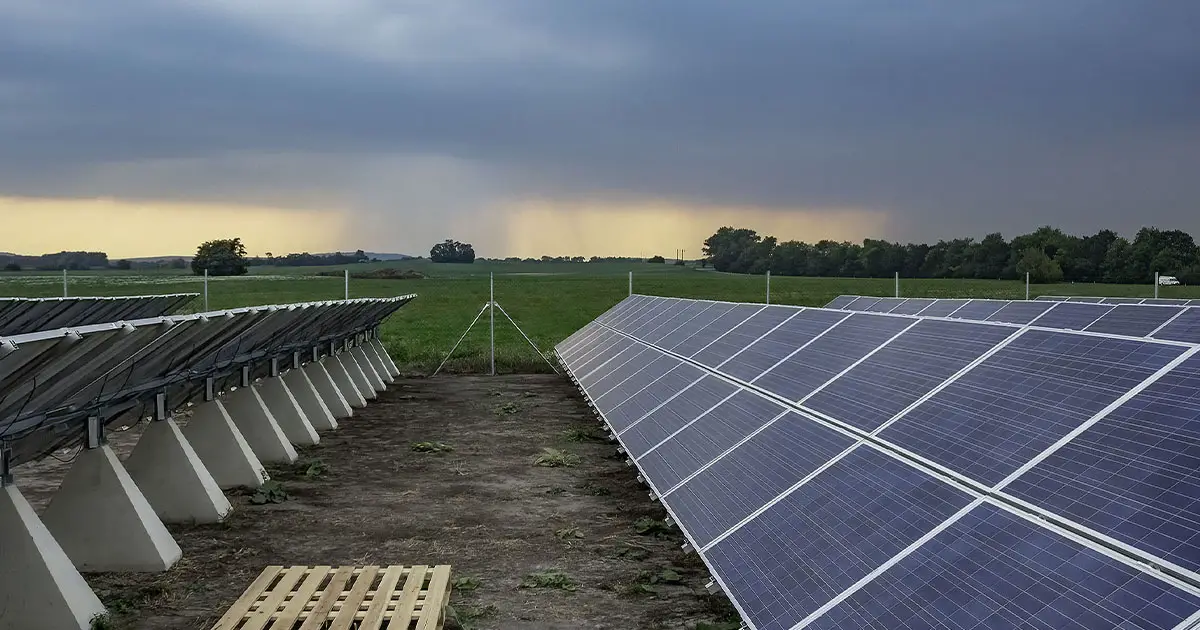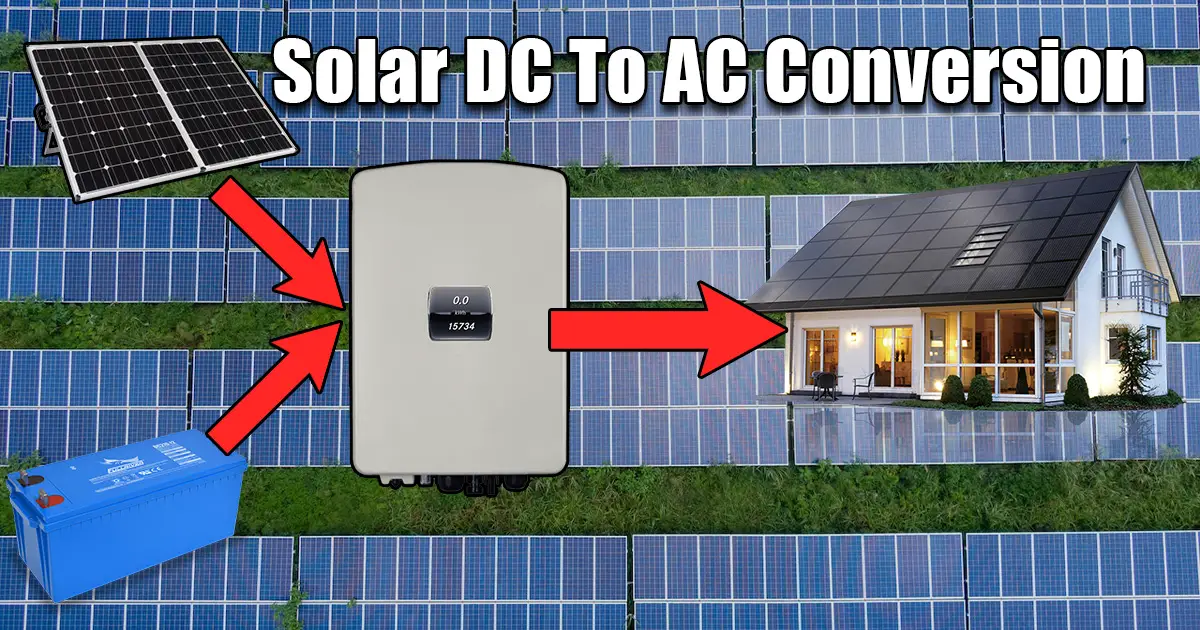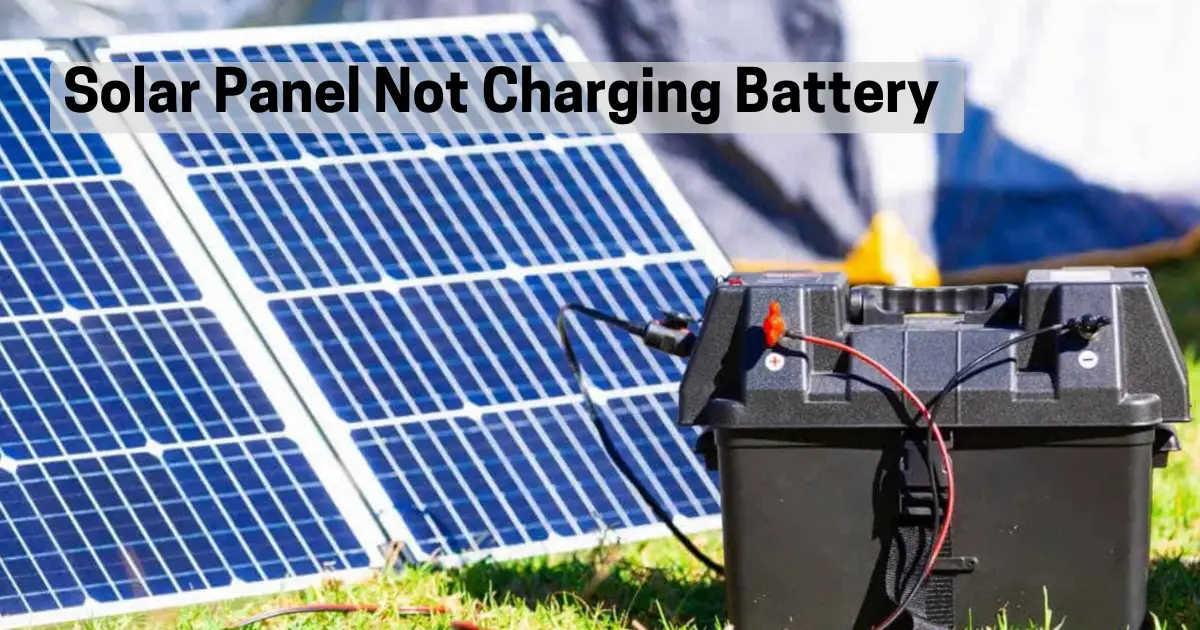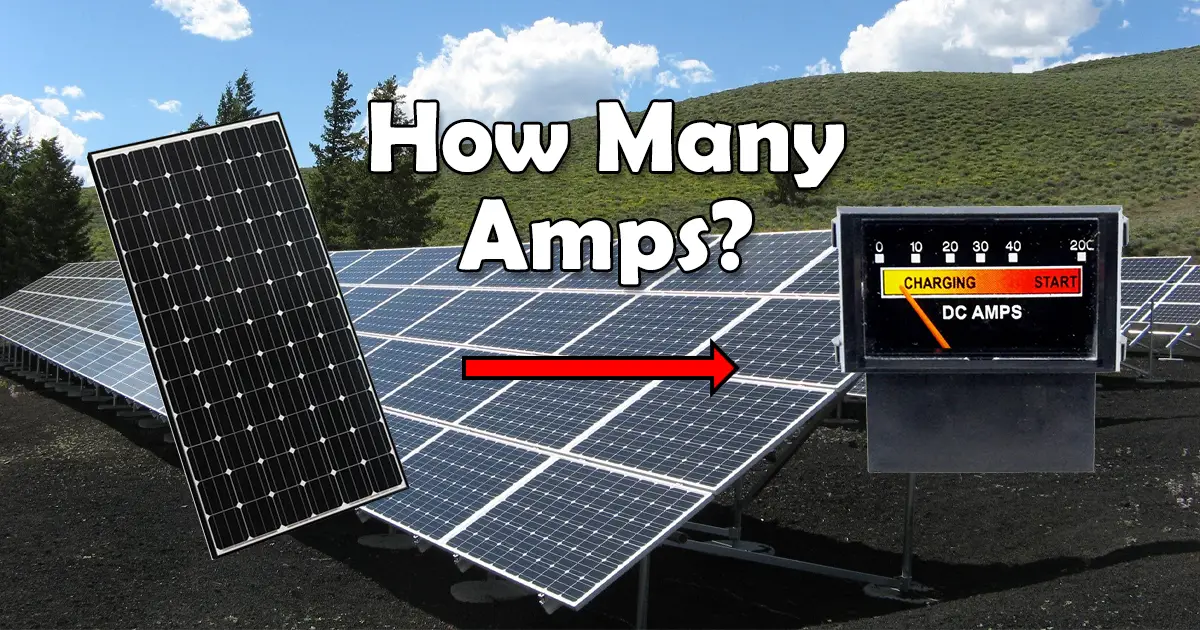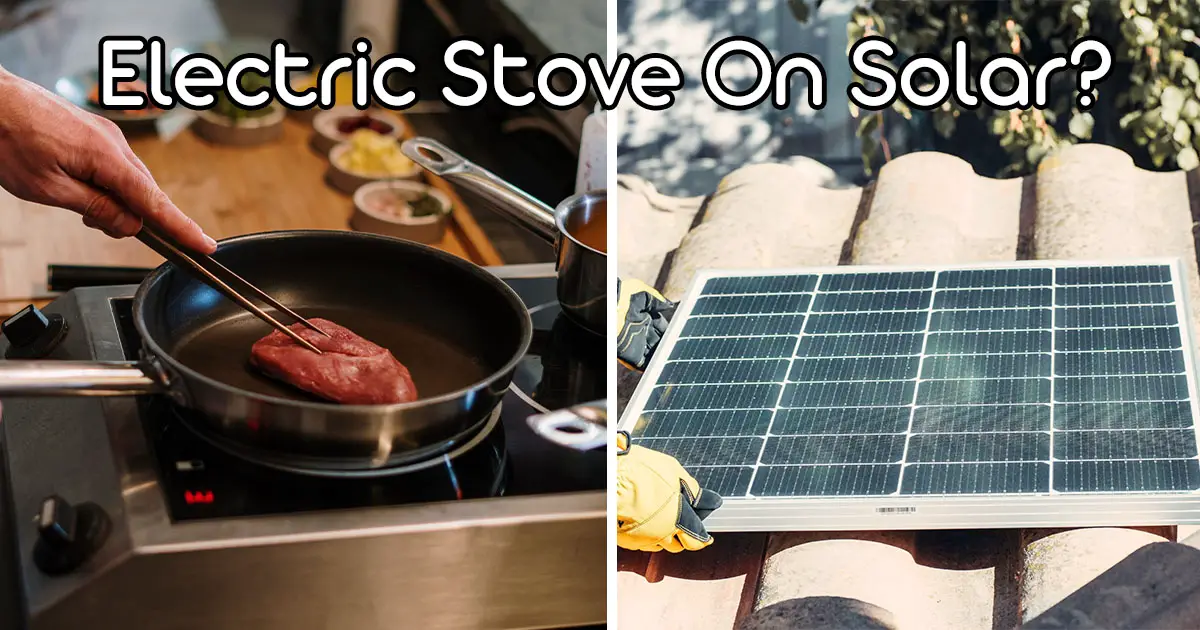People today are more excited to have an off-grid solar-powered house than at any other time. Of course, that’s due to the surging fuel prices and probably power outages in certain areas. But the idea that the sun will be the main and even the only source of electrical power for the house is making people afraid. What will happen to my solar power at night? Can this solar power system stay working when the winter comes in?
As a general rule, a solar power system should work fine at night or on a cloudy day if it has a charged battery bank as a power source. However, the solar panels will never work at night and provide less power on a cloudy day.
If you have a solar power system at your house, or you are thinking of having one soon, then you probably know that this system is made up of multiple parts and devices. Each one of these devices will behave differently when the sun sets or when the clouds cover the sky. In the next part, we will discover how each device in the solar power system functions at night and on a cloudy (maybe rainy) day.
Does the Solar Power System Work at Night?
A solar power system works perfectly fine at night and provides your house with the needed electrical power for your home appliances. However, this is only true when you have a bank of batteries to backup your system at night. Let’s find out how each part of your solar power system works at night.
Does the Solar Panels Work at Night?
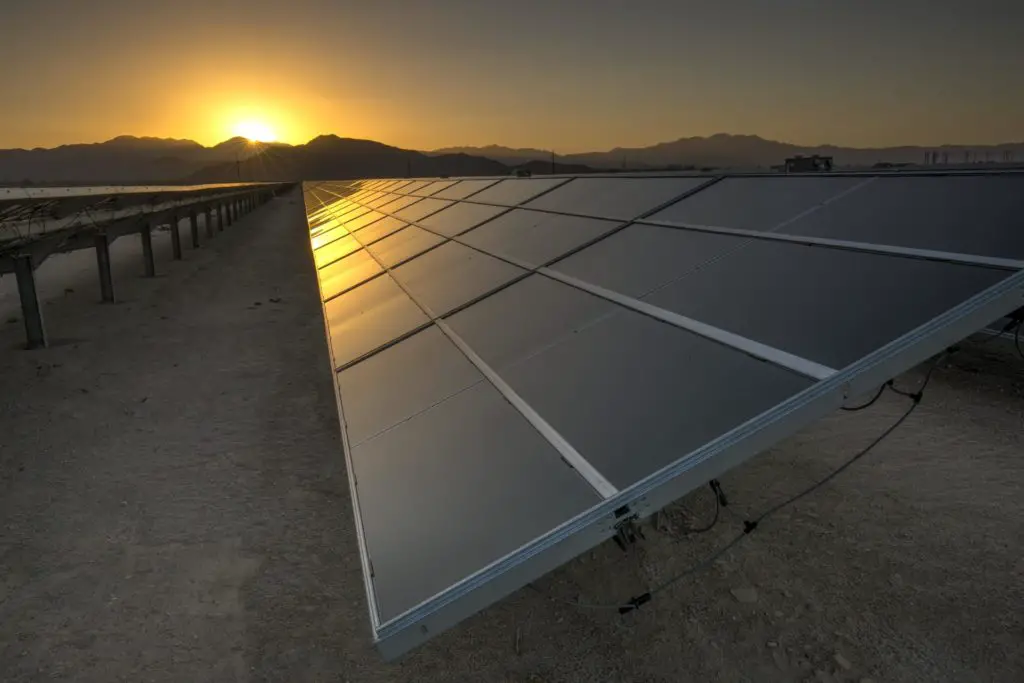
The solar panels are the most essential part of your system. Without these panels, your system is not considered solar. Solar panels are responsible for collecting the power from the sun’s rays and converting it into DC power. This type of power is used by all types of batteries, starting from small AA batteries in your TV remote control and including your car’s battery.
The solar panels will NOT work at night; that’s because there are no sun rays at night. So if your system relies on just solar panels and doesn’t have batteries to store the power, you will have a power outage at night. The amount of solar power will start when the sun rises and increases until reaching the peak hour, usually between 11 am and 4 pm, depending on location. Then it will start decreasing until the sun sets, when there will be no more solar power.
Does the Solar Controller Work at Night?
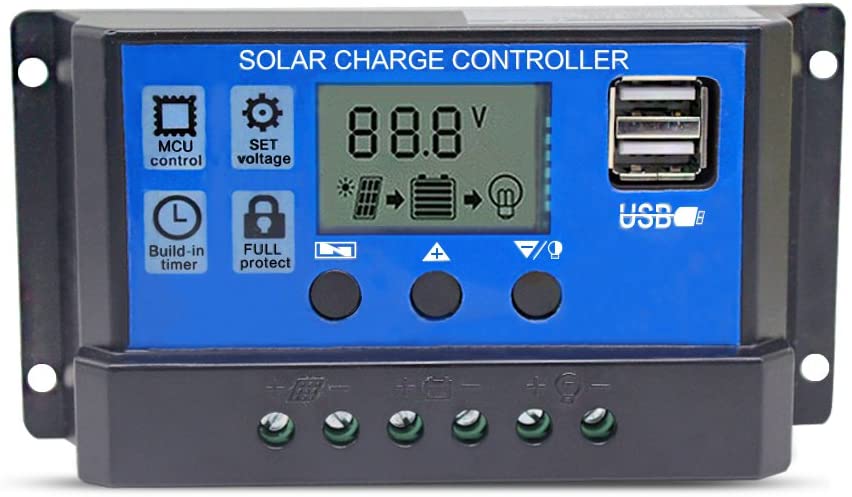
The solar controller is usually combined with all modern inverters, but some systems still have the controller and inverter as separate standalone devices. The controller is used to control and regulate the DC power provided by the solar panels to power up DC units or to charge the battery bank. This device depends solely on solar panels. If the panels are working, the controller will work, and vice versa.
The solar controllers, like the solar panels, work just during the day and will NEVER work at night. During the day, the panels will send the power to the controller, which in turn will charge the batteries and provide the DC power for any connected DC devices.
Does the Battery Bank Work at Night?
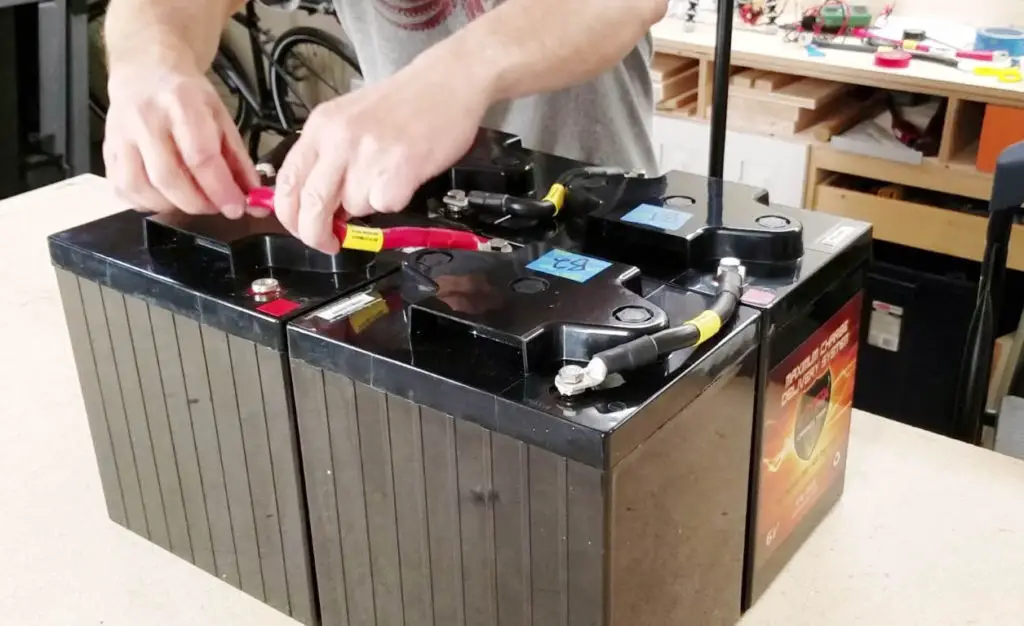
A battery bank is several batteries that are connected either in series or in parallel, depending on your system type. These batteries are used as a backup source of power at night. Since the sun sets at night and the panels are not producing any power, the batteries will take the job.
During the day, the batteries will be charged by the power sent from the solar panels and regulated by the controller. But when the night comes, these batteries will be discharged and used to provide the needed power for your house.
Does the Solar Inverter Work at Night?
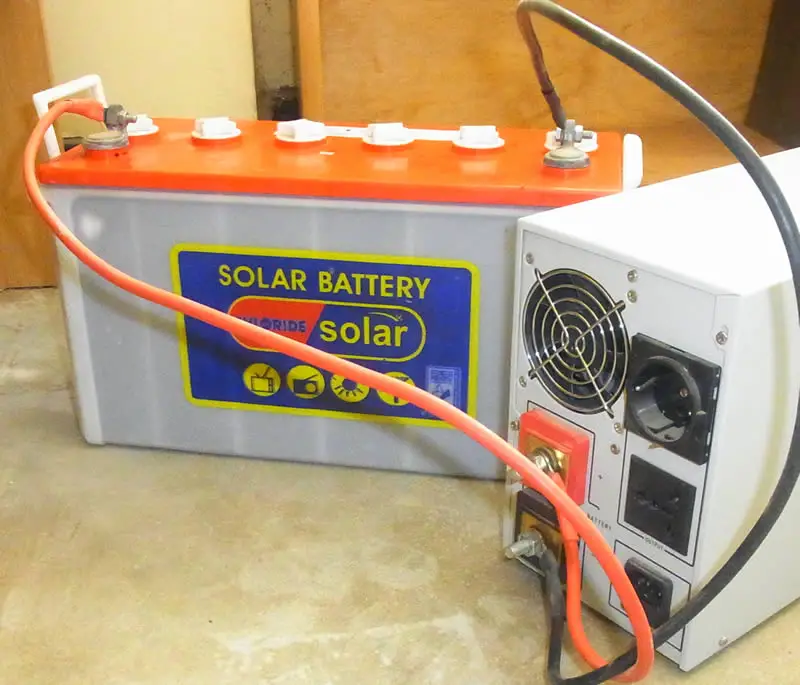
The solar inverter is the part that is responsible for converting the DC power supplied from the solar panels or from the batteries to AC electrical power that most modern home electrical appliances need to work properly. This means that the solar inverter will use the power provided by the panels to power your home during the day. It some times will also need to use some of the stored power in the batteries if you are demanding for your house more power than the solar panels are producing.
At night nothing will change. The inverter will continue to do its job by converting DC power to AC, but this time depending only on the battery bank since the panels are not producing power at night.
Does the Solar Power System Work on Cloudy Days?
Cloudy days are still a “day,” which means sunlight is still reaching your panels. However, this doesn’t mean that you will get the same power as you do during the summer and when the sky is crystal clear. The solar power system is intended to work just fine during all seasons, but efficiency might be affected by multiple weather conditions.
Does the Solar Panel Work on Cloudy Days?
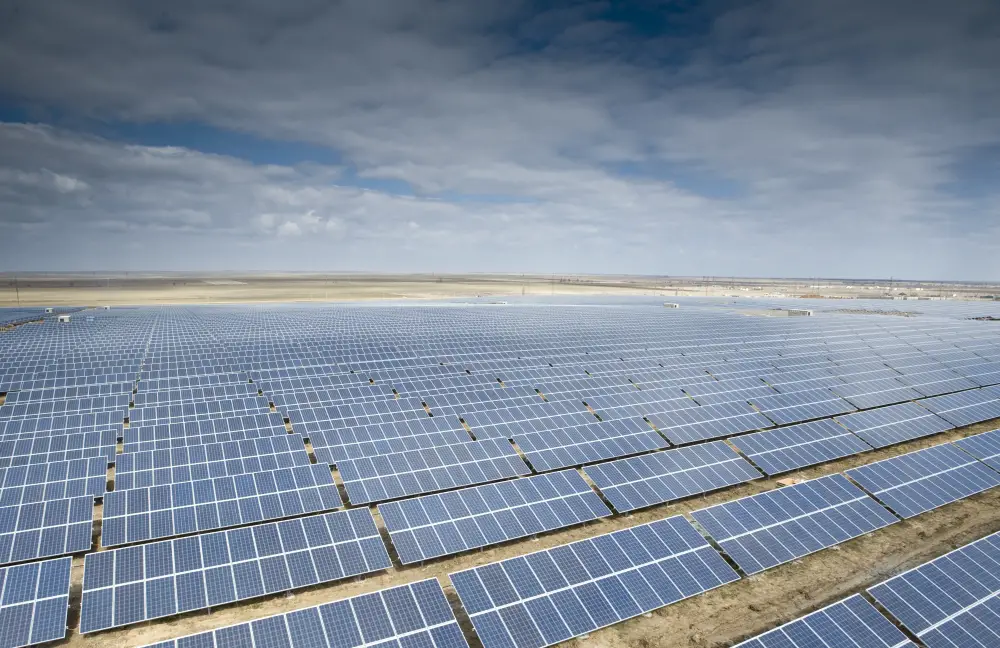
The solar panels are the most affected part of the system during cloudy days. During cloudy days, solar panels will generate just about 10% – 25% of their daily normal power output. However, these winter, rainy, and cloudy days have some advantages for the solar panel.
Solar panels are known to perform at their best at temperatures of around 25 °C (77 °F). And when this temperature increases, the overall efficiency of the solar panel will decrease by 0.2% – 0.6% per degree celsius above 25 °C, depending on the panel type.
For example, if you have a solar panel with 17% efficiency (solar panel’s efficiency range from 15% – 22%), and the summer temperature in your area is around 40 °C (104 °F), and assuming your panel will lose 0.5% per °C above 25 °C, then:
40 °C – 25 °C = 15 °C
15 °C x 0.5% = 7.5%
17% – 7.5% = 9.5%
This means that at 40 °C, the solar panels will lose 7.5% of their overall efficiency. This also means that your solar panel efficiency will decrease from 17% to 9.5% during summer days. However, that is not the case in winter, when the temperatures will most of the time be under 25 °C (77 °F).
Does the Solar Controller Work on Cloudy Days?
The solar controller will continue to work normally in any weather condition. The controller is just receiving less power from the panels, which means sending less power to the batteries.
Does the Battery Bank Work on Cloudy Days?
The battery bank will have a hard time during cloudy days. It will barely have enough time to charge during winter since the daytime is shorter. Moreover, clouds that will affect the solar panel’s ability to absorb enough sunlight will also cause the batteries to be not fully charged most of the time.
Does the Solar Inverter Work on Cloudy Days?
Of course, the solar inverter will continue working during cloudy days. The inverter will continue supplying the needed power for your house through the power generated by the panels (even if less power is being generated) and will also use the stored power in the batteries to supply your house with electrical power if the panels generated power is not enough.
Frequently Asked Questions FAQ
Q: Do solar panels work in the moonlight?
A: Solar panels can use moonlight to generate power since moonlight is the reflection of sunlight. But keep in mind that the amount of power generated is very limited and could be neglected when compared to sunlight.
Q: Do solar panels work on rainy days?
A: Solar panels do work on rainy days but will generate just 10% to 25% of their normal power. However, cold weather and rain might increase the panel’s efficiency when compared to hot summer weather.
Q: What type of solar panels work best in cloudy conditions?
Monocrystalline solar panels are the best for cloudy conditions. Actually, the monocrystalline panels are the most efficient type of all solar panels in all weather conditions.

